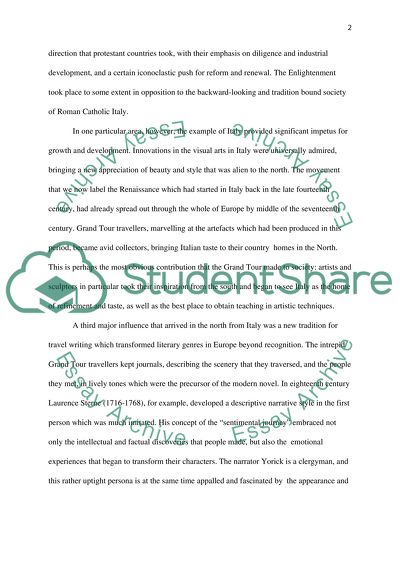Cite this document
(“Italy's Gift Essay Example | Topics and Well Written Essays - 1000 words”, n.d.)
Retrieved from https://studentshare.org/literature/1440871-descriptive
Retrieved from https://studentshare.org/literature/1440871-descriptive
(Italy'S Gift Essay Example | Topics and Well Written Essays - 1000 Words)
https://studentshare.org/literature/1440871-descriptive.
https://studentshare.org/literature/1440871-descriptive.
“Italy'S Gift Essay Example | Topics and Well Written Essays - 1000 Words”, n.d. https://studentshare.org/literature/1440871-descriptive.


